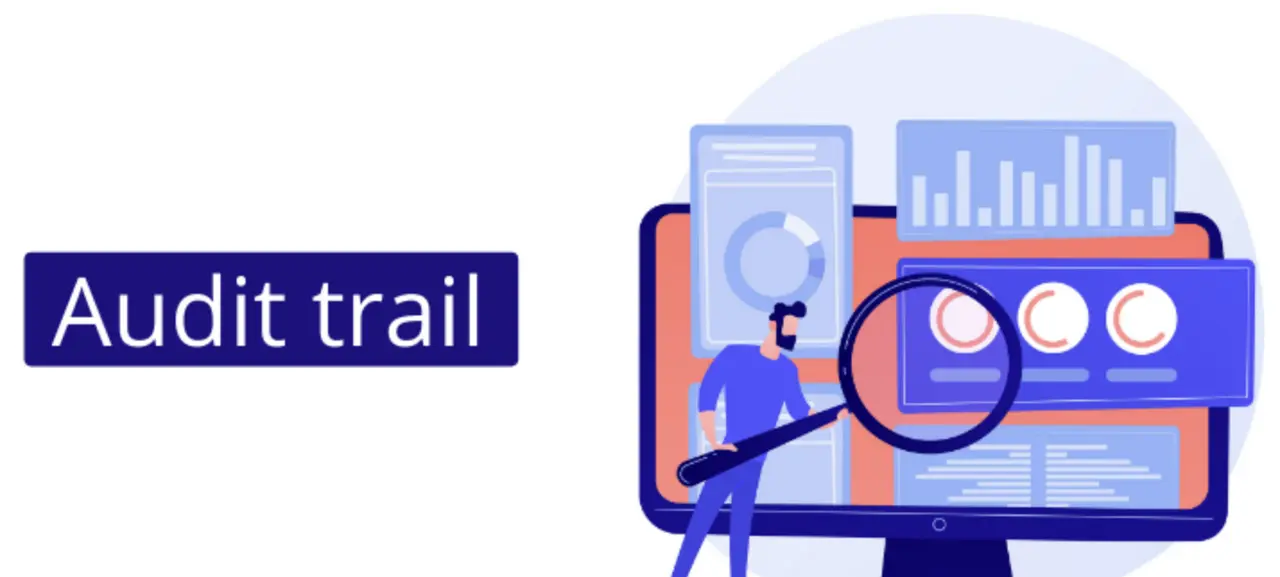Understanding comprehensive audit trails
Audit trails are detailed records that track who has accessed, modified, or deleted data in a system. They play a crucial role in securing private investigation data by providing a comprehensive history of all data activities. With comprehensive audit trails, private investigators can track and analyze any changes or access to sensitive information, ensuring the integrity and security of the data. These audit trails help in identifying unauthorized access attempts and provide valuable insight into the chain of custody for the investigation data.
Importance of secure private investigation data
Secure private investigation data is crucial for maintaining the integrity and confidentiality of sensitive information. Access to comprehensive audit trails allows for the tracking and monitoring of any unauthorized access or alterations to this data. This level of security ensures that confidential information remains protected from potential breaches or misuse, ultimately safeguarding the integrity of private investigations.
What information is stored in a comprehensive audit trail?
A comprehensive audit trail stores a record of all activities and events related to the handling of private investigation data. This includes user logins, logouts, file access, modifications, deletions, and system changes. Having this information helps in tracking and monitoring user actions, which is essential for maintaining the security and integrity of sensitive investigation data.
How comprehensive audit trails enhance data security
Comprehensive audit trails play a crucial role in enhancing data security for private investigations. They provide a detailed record of all accesses and activities related to sensitive data, helping to track any unauthorized or suspicious behavior. By securely logging every action taken within the system, audit trails enable investigators to identify potential security breaches and ensure the integrity of the data. This transparency and accountability are essential for maintaining the confidentiality and trustworthiness of private investigation data.
Benefits of using comprehensive audit trails for private investigation data
Comprehensive audit trails provide a clear record of who has accessed private investigation data, what changes have been made, and when these actions took place. This transparency helps to ensure the integrity and security of the data. With comprehensive audit trails, investigators can easily trace any unauthorized access or tampering, enhancing the overall security of private investigation data.
Implementing comprehensive audit trails in private investigation agencies
Comprehensive audit trails in private investigation agencies help in ensuring the security and integrity of data. By implementing these trails, agencies can track and monitor all activities related to sensitive information, providing a clear record of who accessed, modified, or deleted data. This helps in detecting and preventing unauthorized access, ensuring compliance with regulations, and holding individuals accountable for their actions. Implementing comprehensive audit trails is crucial for maintaining the confidentiality and reliability of investigation data.
Best practices for maintaining comprehensive audit trails
To maintain comprehensive audit trails, it is important to follow best practices to ensure the security of private investigation data. Some key points to consider include:
- Include detailed timestamps for every action taken within the system to accurately track user activity.
- Implement user authentication measures to ensure that only authorized personnel have access to the audit trails.
- Regularly review and analyze the audit logs to identify any unusual activity or potential security breaches.
- Store the audit trails in a secure and tamper-evident manner to maintain their integrity and reliability.
By following these best practices, private investigation agencies can effectively secure their data and maintain a detailed record of all activities within their systems.
Ensuring compliance with data privacy regulations
Always make sure to keep a detailed audit trail to comply with data privacy regulations. This will help you track and monitor who has accessed and modified the investigation data, ensuring its security and integrity. Understand and adhere to the regulations to protect sensitive information and avoid any legal repercussions.
Challenges and considerations for comprehensive audit trail implementation
Comprehensive audit trail implementation can face challenges related to balancing data security and privacy concerns with the need for comprehensive tracking. Some considerations to keep in mind include the management of large volumes of data, ensuring the accuracy and integrity of the audit trail, and the potential impact on system performance. It’s important to carefully assess these challenges and considerations to establish an effective and secure audit trail system.
Conclusion: Securing private investigation data with comprehensive audit trails
Audit trails play a crucial role in securing private investigation data. They provide a detailed record of all activities and access to sensitive information, allowing investigators to track and monitor any unauthorized or suspicious behavior. By implementing comprehensive audit trails, private investigation agencies can ensure the integrity and confidentiality of their data, as well as comply with regulatory requirements. This level of oversight helps to mitigate the risk of data breaches and unauthorized access, ultimately enhancing the security and trustworthiness of private investigation data.




 520 838 0346
520 838 0346 sales@zinatt.com
sales@zinatt.com











